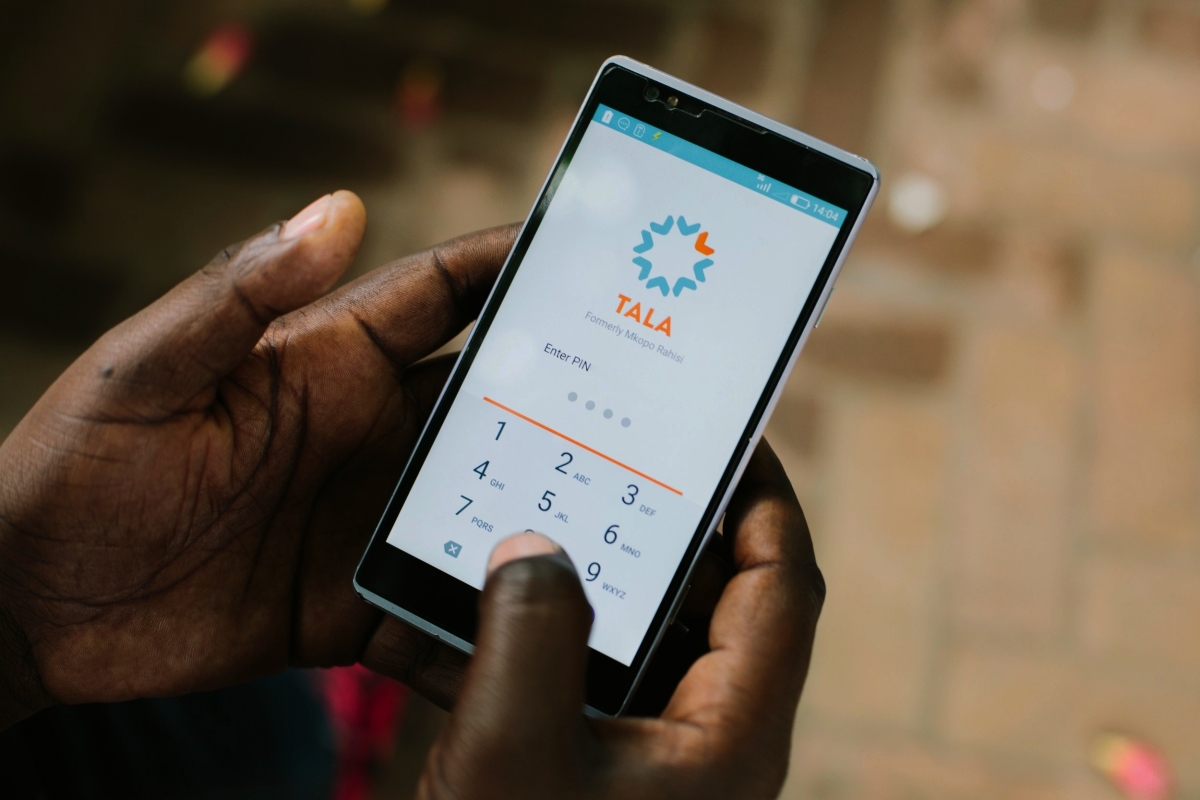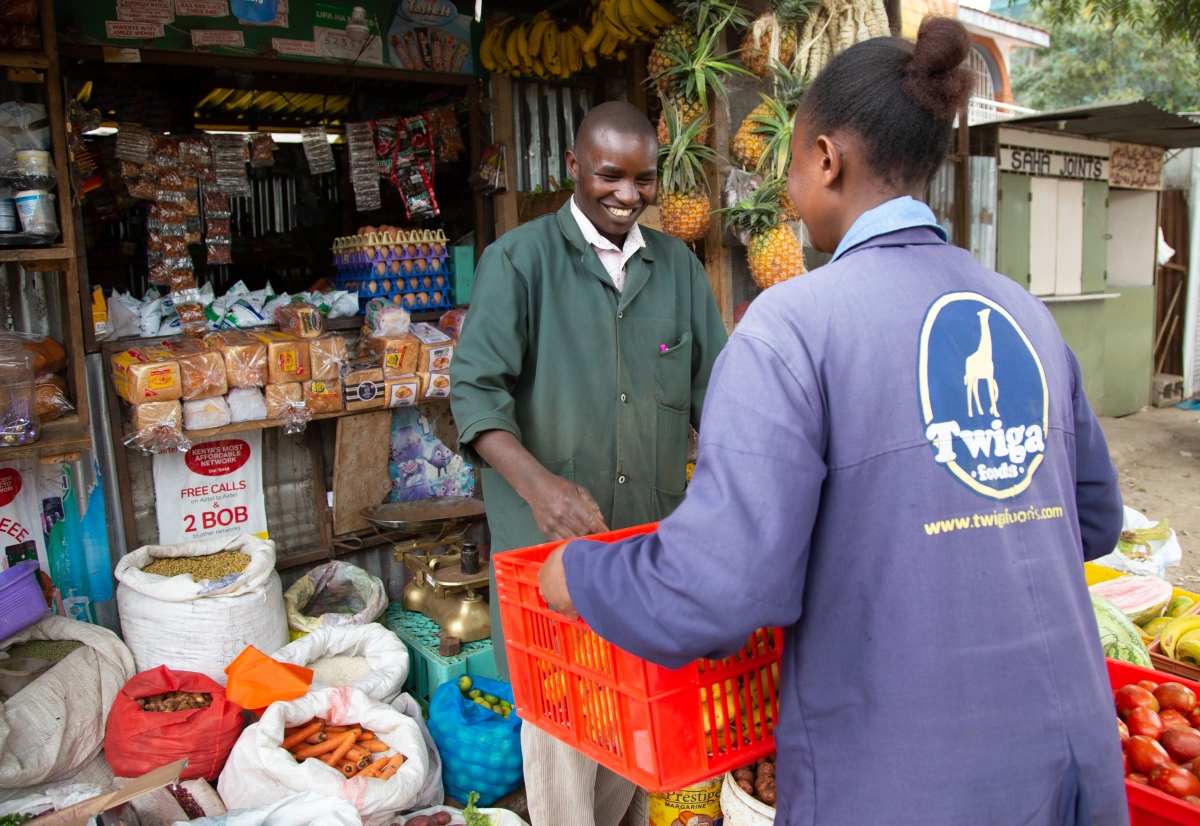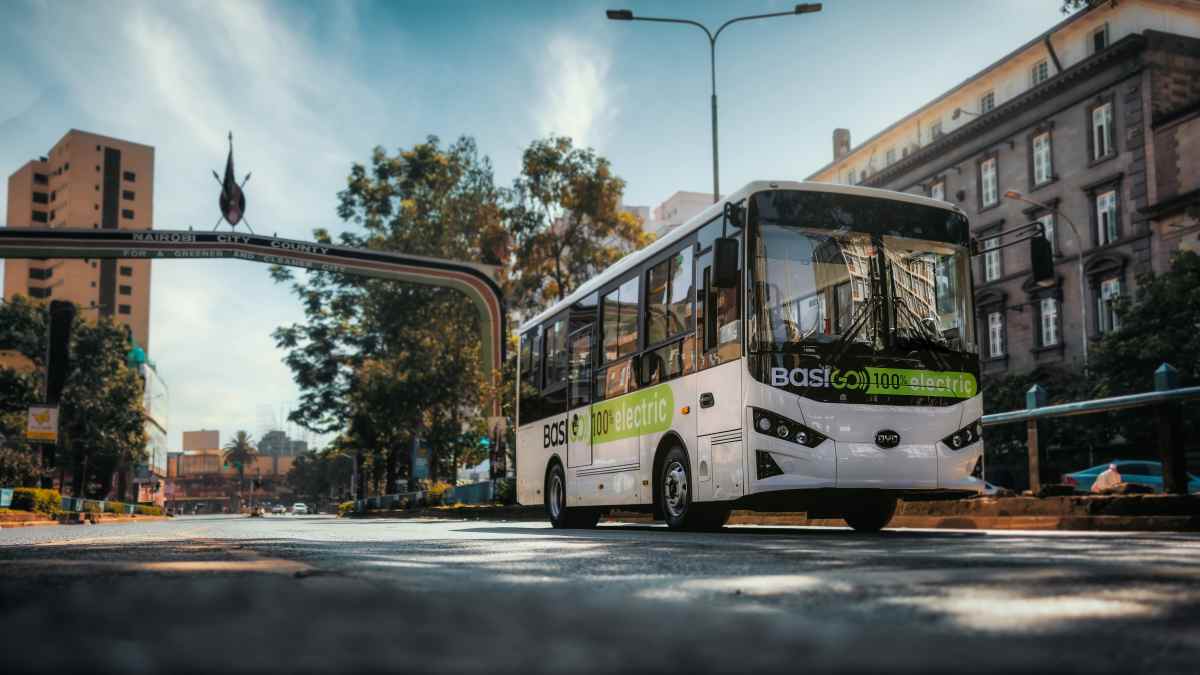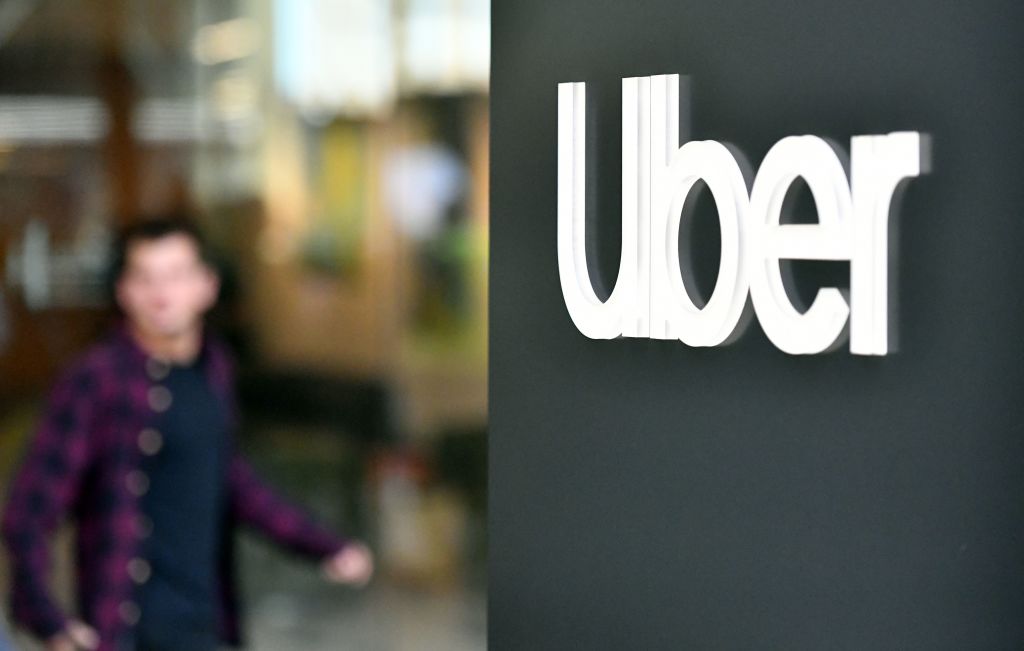Google clamps down on illegal loan apps in Kenya, Nigeria • ZebethMedia
Google is requiring loan apps in Kenya to submit proof of license to operate in the country by its apex bank, failure to which they risk removal from Play Store, its digital distribution service. Those that have applied for licensing, and can produce evidence of the same, may also be spared. Google’s action has, however, been sluggish, coming two months after the Digital Credit Providers Regulations took effect to protect borrowers from rogue apps, many of which had predatory lending practices and used debt-shaming tactics to recover their money. New and old loan apps in Kenya are now expected to submit the requisite documents and information, or risk being locked out at the end of January next year. “Developers with personal loan apps targeting Kenyan users must complete [a] declaration form and submit the necessary documentation before publishing their personal loan app … Personal loan apps operating in Kenya without proper declaration and license attribution will be removed from the Play Store,” said Google in a policy update that also requires apps in Nigeria to get a “verifiable approval letter” from the Federal Competition and Consumer Protection Commission (FCCPC). While less stringent than Kenya’s new law, the FCCPC rules, which came into effect in August this year to protect borrowers, expects lending apps to declare their fees and demonstrate how they receive feedback and solve complaints, among other requirements. Kenya and Nigeria are major tech hubs in Africa, and have witnessed the proliferation of loan apps, offering quick unsecured personal loans of up to $500. However, the lack of stringent regulations has attracted rogue operators necessitating authorities to take apt measures to protect citizens. In Kenya, Only 10 of the 288 loan apps that applied for licenses from the country’s Central Bank have been permitted. Some of the popular ones, like Zenka and silicon-valley backed Tala are yet to be licensed. The digital lenders in Kenya are expected to avoid the use of threats or debt-shaming actions, including posting of personal information on online forums, unauthorized calls and messages to customers, and access to their contacts lists for purposes of contacting them in case of default. Loan apps collect borrowers’ phone data, including contacts, and demand access to messages to check the history of mobile money transactions — for credit scoring and as conditions for disbursing loans. Rogue lenders have been sharing some of the contact information collected with third-party debt collectors. Already, 40 loan apps in Kenya are under investigation by the office of the data protection commissioner over data breach, following complaints from users. The new law requires loan apps to also reveal their pricing model, terms and conditions to consumers in advance, unlike in the past when they were unsupervised. The apps are also expected to notify the regulator before introducing new products or making changes to existing ones, in addition to disclosing and providing evidence of their sources of funds.




